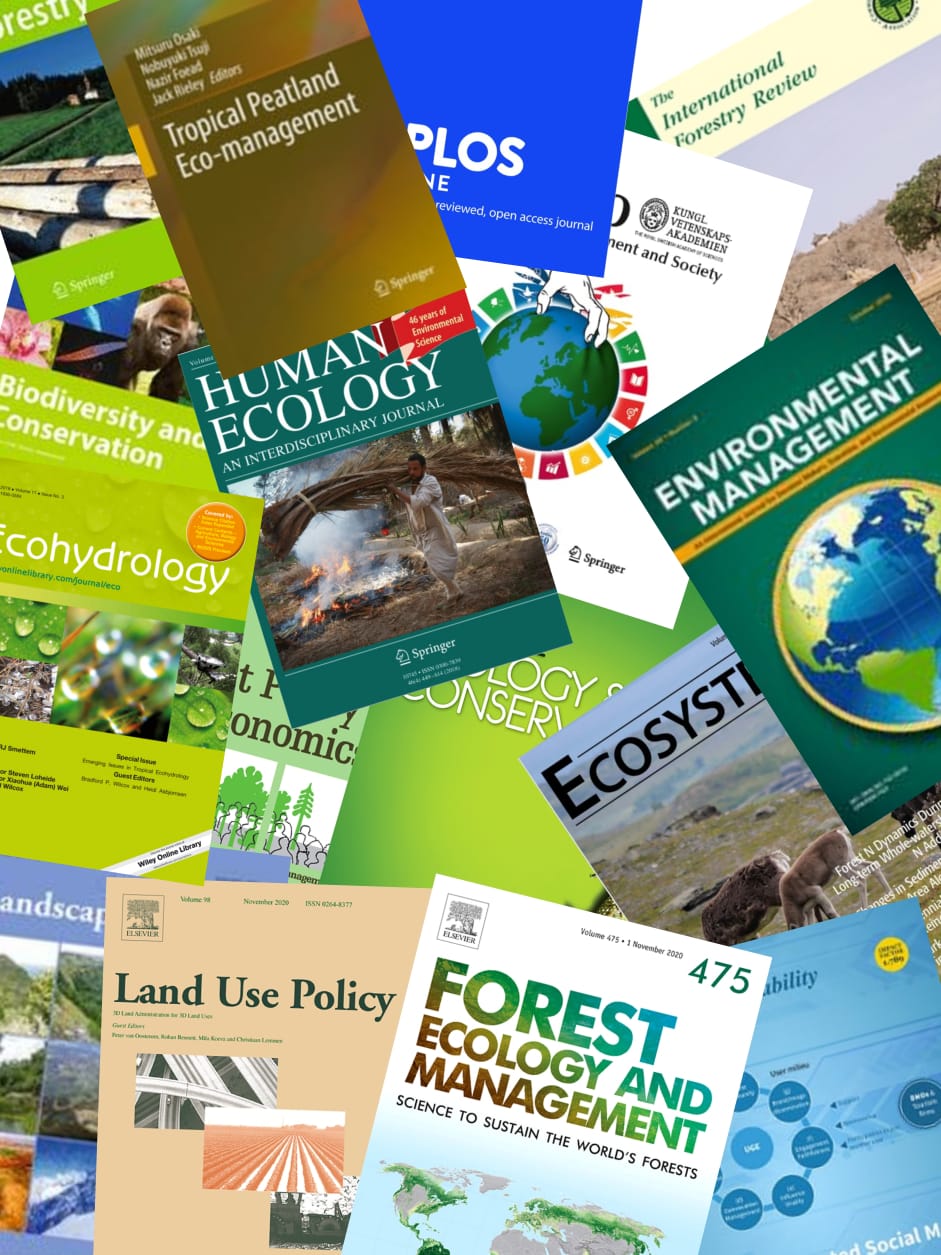The Philippines is predominantly an upland country, with 60% of its total land area considered slopeland. Most of the 17.8 million Filipinos living in these areas practice slash-and-burn agriculture. As uplands are deforested, environmental problems ensue: soil erosion, heavy siltation of rivers, floods and droughts. To save the uplands from total destruction, the Mindanao Baptist Rural Life Center developed a scheme for the uplands called Sloping Agricultural Land Technology (SALT). Its main objectives are not only to make upland farming sustainable, but also provide food for the farm family and the upland community as a whole.

